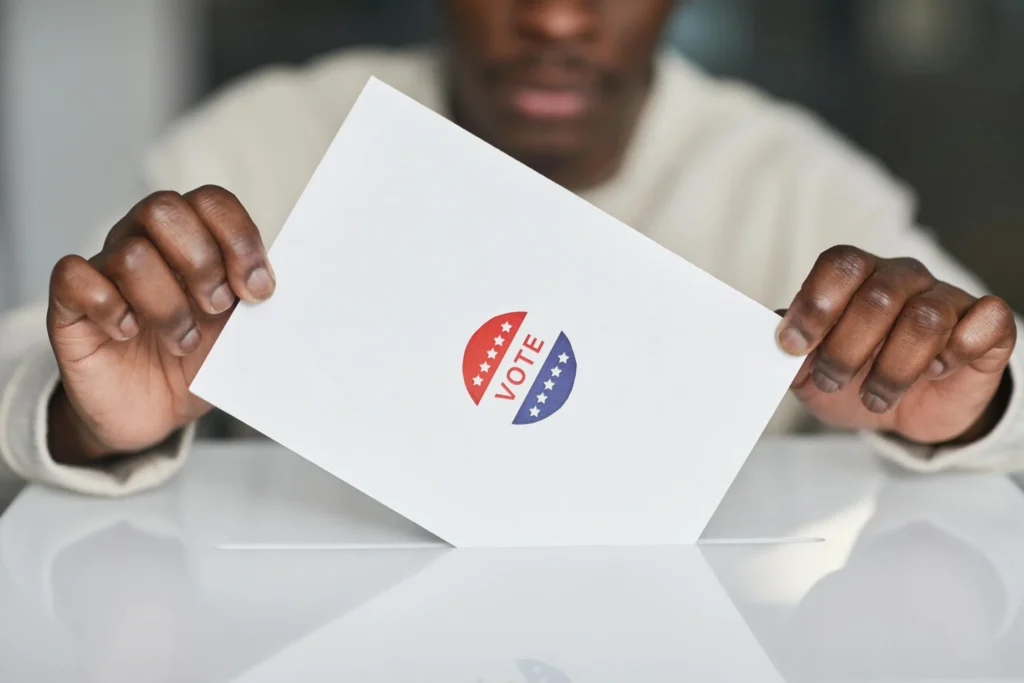
A new roundup of Walkability Wins highlighting the 2024 election. This issue of Walkability Wins highlights and celebrates the triumphs of the recent election cycle. As towns and cities continue to grow and change, the public’s overwhelming support for transit, biking and walking signals a shift towards prioritizing safe, accessible and sustainable transportation options for all. That is why 46 out of 53 initiatives passed, securing essential funding that will transit across the country. If you want to check out the whole list, check them out on Streetsblog USA. Let’s dive into some of our favorite wins!
Richland County, South Carolina
Richland County voters have decisively supported the continuation of the 1 percent sales and use tax, initially established in 2012, to fund vital transportation infrastructure projects. This extension allows the county to raise up to $4.5 billion over the next 25 years, ensuring the completion of existing and new transportation projects. This includes funding for enhancements to The Comet public transit system, reinforcing the county’s commitment to improving accessibility and mobility across the county.
San Francisco, California
San Francisco voters have passed Proposition K, which permanently closes a 2-mile stretch of the city’s Upper Great Highway to vehicular traffic from Lincoln way to Sloat Boulevard. This decision transforms the roadway into a pedestrian and cyclist-friendly oceanfront park. Despite concerns about increased traffic on alternative routes, the measure drew significant support from younger and progressive voters, alongside endorsements from influential figures like Yelp CEO Jeremy Stoppelman. This initiative aims to foster a safer, more accessible coastal experience for all San Franciscans.
Nashville, Tennessee
Nashville voters decisively approved a transformative transit plan with a 65.5% majority, marking a significant win. This plan will enable the funding of extensive upgrades to the city’s bus system and sidewalks through a half-cent sales tax increase. As a result, Nashville will change its status as one of the few large U.S. metro areas without dedicated transit funding. This investment is a pivotal step in modernizing Nashville’s infrastructure and supporting its growth.
Columbus, Ohio
Franklin County voters have passed a pivotal shift in transportation by approving a sales tax levy to fund the ambitious LinkUS plan. The LinkUS significantly enhances the region’s connectivity through expanded bus services, rapid bus lines, and over 500 miles of new sidewalks and bike paths. This decision to support this plan, voted by 57% of voters, marks a historic step toward transforming Columbus into a more accessible and interconnected urban environment.
Denver, Colorado
Metro Denver voters overwhelmingly approved Regional Transportation District 7A, allowing the transit agency to retain $50-60 million annually above TABOR caps. This approval does not involve raising the current 1% sales tax. The funds will be used to hire staff, restore services, prevent cuts in transit operations, and advance projects such as the East Colfax Avenue Bus Rapid Transit.
To catch up on previous installments of Walkability Wins, visit our blog. Have a win? Send it to us: social@americawalks.org.